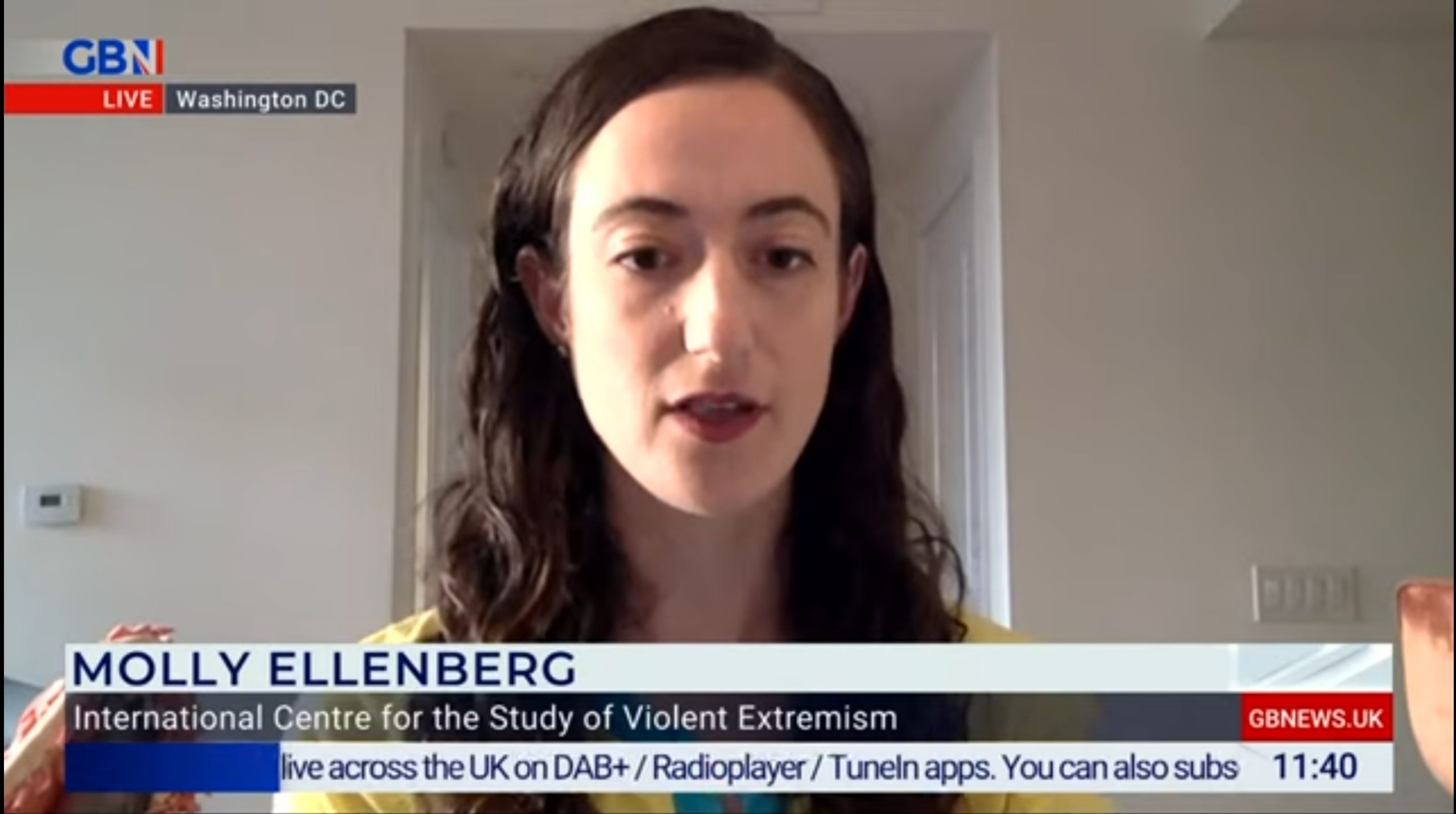
Jordanians continue to struggle with jihadist threats
ICSVE research mentioned/referenced in The Arab Weekly
Jordan forbids foreign fighters from returning and more than 300 who have returned have been prosecuted and imprisoned.
Sunday 04/03/2018
The defeat of the Islamic State (ISIS) in Syria and Iraq resulted in a decline of the jihadi threat across the region. In Jordan, where the jihadi scene has been shaped by the Syrian conflict, authorities will continue to struggle with the issue of low-level terrorism in the long run.
Since the 1980s, Jordanians have joined jihadist organisations around the world, first in Afghanistan with Abdullah Azzam, al-Qaeda’s ideologue, and then in Iraq with Abu Musab al-Zarqawi, a former criminal turned zealot, and finally in Syria which, along with Iraq, has attracted more than 2,000 fighters since 2011, Jordanian Islamist expert Hassan Abu Haniya said.
A case in point is the former al-Nusra Front, an al-Qaeda affiliate whose leadership was dominated by Jordanians such as Abu Julaybib, Belal Khrisat and Sami Oraidi.
The Syrian war has been an important inflection point for Jordanian jihadists. Abu Haniya said there are about 10,000 jihadists in Jordan. The researcher noted a generational gap in terms of allegiance, with younger jihadis more likely to support the Islamic State (ISIS) and older figures being more drawn to al-Qaeda organisations. “Around 80% of jihadists in Jordan support ISIS,” he pointed out.
Another trend marking the jihadi scene has been the appeal of terror organisations to Jordanians of Palestinian origin and increasingly to trans-Jordanians, with main flashpoints around Zarqa, Irbid, Salt and Maan.
The background of contemporary Jordanian jihadists has also changed. Most are believed to be under-employed and hailing from impoverished backgrounds, with exceptions including the sons of Jordanian parliamentarians and of army commanders.
Abu Haniya noted, nonetheless, that Jordan is witnessing a radicalisation of members of lower-middle-class families, a phenomenon that could be partially explained by the worsening economic conditions that have resulted in a change in status of members of that particular social class.
The changes have translated into several terror attacks on Jordanian soil. In March 2016, Jordan witnessed an extended battle in the city of Irbid, following an operation to take down an ISIS cell plotting terror attacks.
In June 2016, five Jordanian intelligence officers were shot in another terrorist attack near the Al-Baqaa Palestinian refugee camp, the previous residence of jihadist Abu Muhammad al-Tahawi.
Also in June 2016, six Jordanian soldiers were killed and several others wounded when a car bomb exploded near the Syrian refugee camp of al-Rukban, an attack claimed by ISIS.
In December 2016, four gunmen attacked a police patrol and overtook the Crusaders castle in Karak, where several tourists were trapped during the attack, also claimed by ISIS.
In January this year, Jordan said it had foiled a massive terror plot and dismantled an ISIS terror cell of 17 people.
“The cells that have been dismantled recently were not connected to one another,” said Abu Haniya, who added that Jordan was not the “land of confrontation” for jihadist groups but more of “support.”
Jordan has severely cracked down on people suspected of jihadist inclinations. Jordan forbids foreign fighters from returning and more than 300 of those who have returned have been prosecuted and imprisoned. This means those remaining in conflict zones could be significantly deterred from returning.
Despite this policy yielding successful results and a significant drop in attacks, Jordan will continue to struggle with the jihadist threat. Worsening economic conditions, unemployment and frustration all contribute to radicalisation.
More importantly, drivers such as community support and exposure are also present in Jordan. A 2016 study by Anne Speckhard, Fares Braizat, Ardian Shajkovci and Amer Sabaileh on Jordanian youth stated that 4.5% of young people in Zarqa said ISIS was close to their personal convictions and 2.7% said al-Qaeda represented their personal convictions. In Irbid 1.5% endorsed ISIS and another 1.5% al-Qaeda.
Like in other Arab countries, young marginalised Jordanians are facing an identity crisis that is exacerbated by perceived injustice and a lack of political life. These factors, combined with bad economic conditions and a conducive environment, mean that jihad will continue to appeal to a portion of young Jordanians.

Written ByMona Alami
Mona Alami is a French-Lebanese analyst and a fellow at the Rafik Hariri Center for the Middle East of the Atlantic Council. She lives in Beirut.



